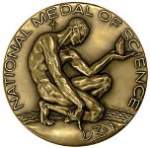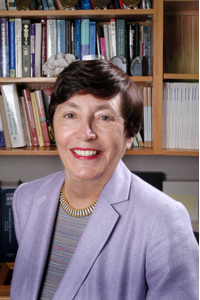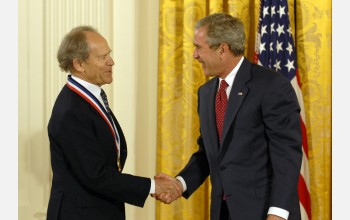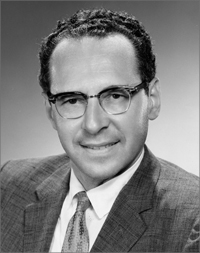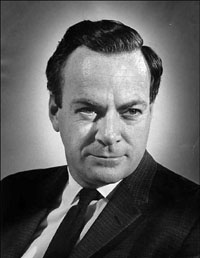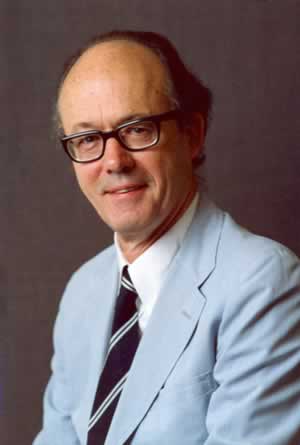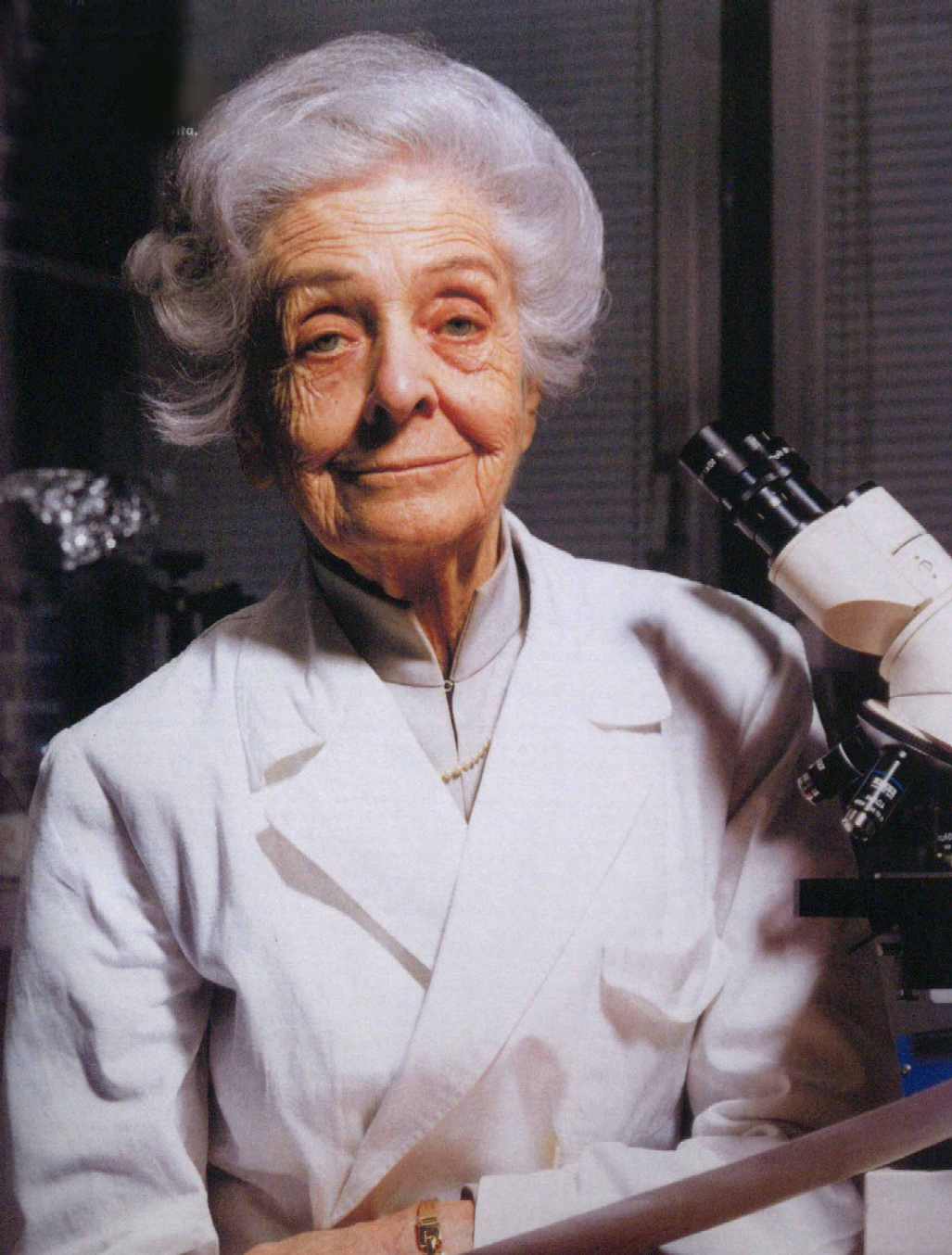Bill Pickering National Medal of Science Awarded In 1975
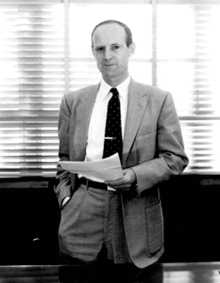
Bill Pickering
Award Name : National Medal of Science
Year of Award : 1975
Award for : Engineering
Location : Wellington, Wellington, New Zealand
William Hayward "Bill" Pickering was a New Zealand-born rocket scientist who headed Pasadena, California's Jet Propulsion Laboratory (JPL) for 22 years, retiring in 1976. He was a senior NASA luminary and pioneered the exploration of space. Pickering was also a founding member of the United States National Academy of Engineering. He was born in Wellington, New Zealand on 24 December 1910. He studied in the USA, and in 1944 joined the Jet Propulsion Laboratory, which he went on to direct (1954-76). He oversaw the first orbit of the Earth by a US satellite (1958), the first US soft landings on the Moon, the first mission to orbit Mars (Mariner IX) and the first missions to Venus and Mercury (Mariner X). He received an honorary knighthood in 1976. He received a Bachelor of Science degree in Electrical Engineering in 1932, an M.S degree in Physics the next year and in 1936 a Ph.D. in Physics. All of his degrees were from the California Institute of Technology. In 1941, Pickering became a US citizen and in 1946 was named Professor Emeritus of Electrical Engineering at Caltech. A U.S. citizen for most of his life, Pickering also retained close ties to his New Zealand homeland, and in 1976, received an honorary knighthood (KBE) from the Queen. He had already received numerous other honors, including personal messages from five U.S. presidents. In 1975, Pickering was awarded the National Medal of Science by President Gerald R. Ford, and in 1994, he was given the Japan Prize by the Emperor Akihito.
